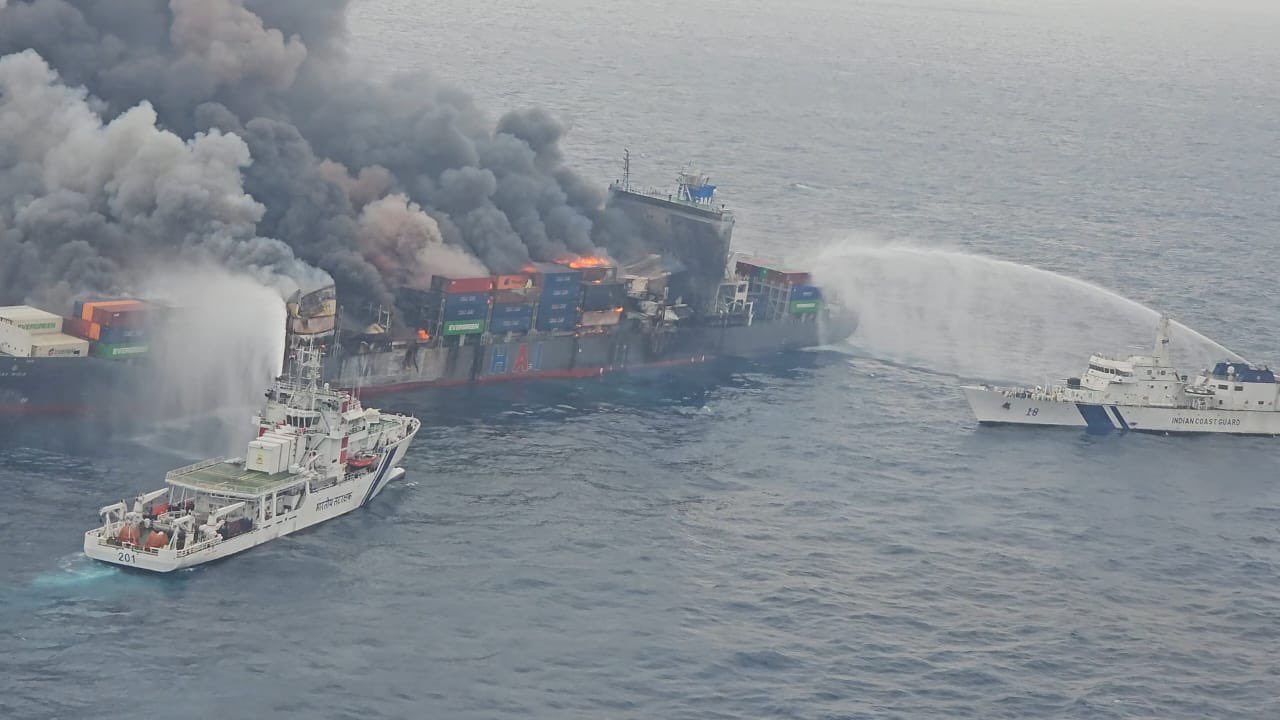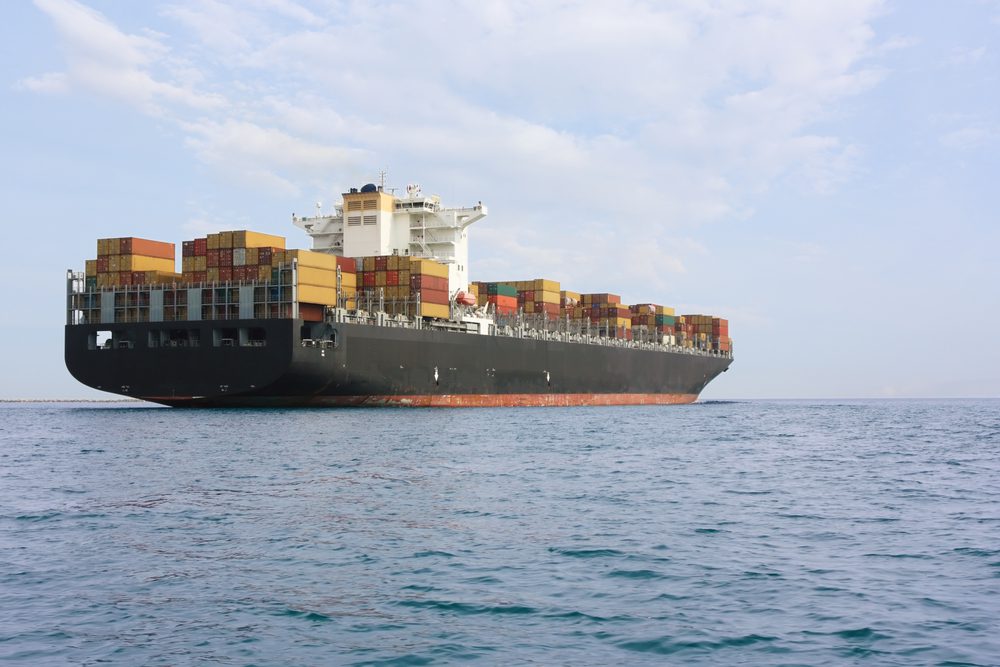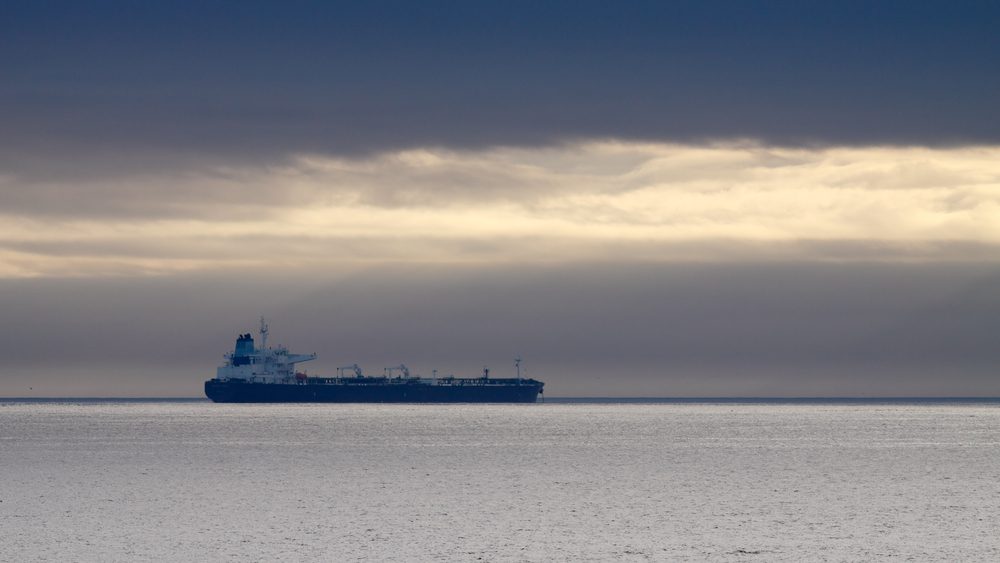During the Singapore Maritime Week, the U.S. Department of Energy endorsed a strategy to achieve net-zero emissions in the marine transportation sector by 2050.
To make this goal a reality, the DOE is working with more than 15 government and industry partners in Singapore.
The DOE is also collaborating with the American Bureau of Shipping (ABS) to share information and data that will strengthen the U.S. shipping sector.
International shipping contributes to about 3% of global greenhouse gas emissions annually.
To achieve the set decarbonization targets, a globally coordinated innovation strategy is needed across the entire maritime value chain. This includes the ships, the future zero-emission fuels they will use, and the infrastructure to support them.
This week also saw the U.S. leading the Mission Innovation: Zero-Emission Shipping Mission (ZESM). This international collaboration announced updated goals to speed up the maritime decarbonization transition by 2030.
The revised goals include increasing the number of large international ships using zero-emission fuels from 200 to 600 vessels. There’s also a plan to produce 16 million metric tons of heavy fuel oil equivalent zero-emission fuels annually and increase the number of key ports providing zero-emission bunkering from 10 to 20.
“As we move to fully decarbonize the global maritime sector by 2050, we need to ensure we are receptive to new information in this ever-changing landscape, said Michael Berube, Deputy Assistant Secretary for Sustainable Transportation and Fuels at EERE. “With this in mind, I am very excited that the Zero Emission Shipping Mission has reevaluated and adjusted our 2030 milestones to further align them with mission member assessments and the revised International Maritime Organization goals.”
The DOE is also leading the development of the U.S. Maritime Decarbonization Action Plan domestically. The plan aims to reduce GHG emissions in the maritime transportation sector. A Memorandum of Understanding (MOU) between EERE and ABS will foster clean energy development and decarbonization in the maritime industry. This agreement will facilitate collaborative research, open engagement, and information sharing on U.S. maritime transportation decarbonization strategies.

 Join The Club
Join The Club










